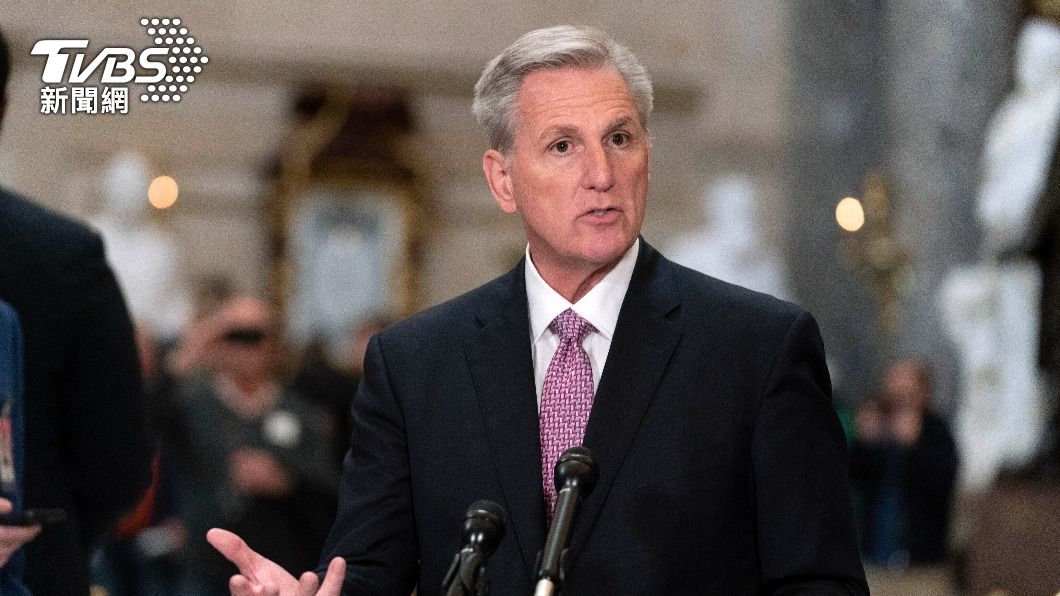TAIPEI (TVBS News) — James F. Moriarty, former chairman of the American Institute in Taiwan (AIT, 美國在台協會), warned on Wednesday (Oct. 16) about the potential threats posed by Article 8 of China's "Anti-Secession Law" (反分裂國家法) to cross-strait relations. He emphasized that Taiwan currently shows no inclination to unify with China, contrary to concerns about the region's stability.
China's 2005 enactment of the "Anti-Secession Law," along with the recent introduction of "22 Articles of Punishment for Independence" in June, has intensified its legal pressure on Taiwan.
Moriarty addressed a seminar co-hosted by the Center for Strategic and International Studies (戰略暨國際研究中心) and The Prospect Foundation (遠景基金會), describing the law as "very bad," particularly due to Article 8. He referred to it as a "ticking time bomb" because it outlines conditions under which China might use force, such as the collapse of peaceful unification prospects.
Moriarty recalled that when China passed the law, the U.S. worried about Taiwan's attempts to alter the status quo, especially during former President Chen Shui-bian's (陳水扁) administration. He noted Taiwan's current lack of independence moves, with the Democratic Progressive Party (DPP, 民進黨) in power but no unification efforts with China. Highlighting Taiwan's electoral wisdom, Moriarty suggested that Taiwan can legally manage discussions on unification.
Under Xi Jinping's (習近平) leadership, China has shifted from collective governance to personal rule, according to Moriarty. He urged the international community to counter the Anti-Secession Law and reinforce uncertainties in Xi's mind, ensuring China understands that unification talks with Taiwan are not on the table.











